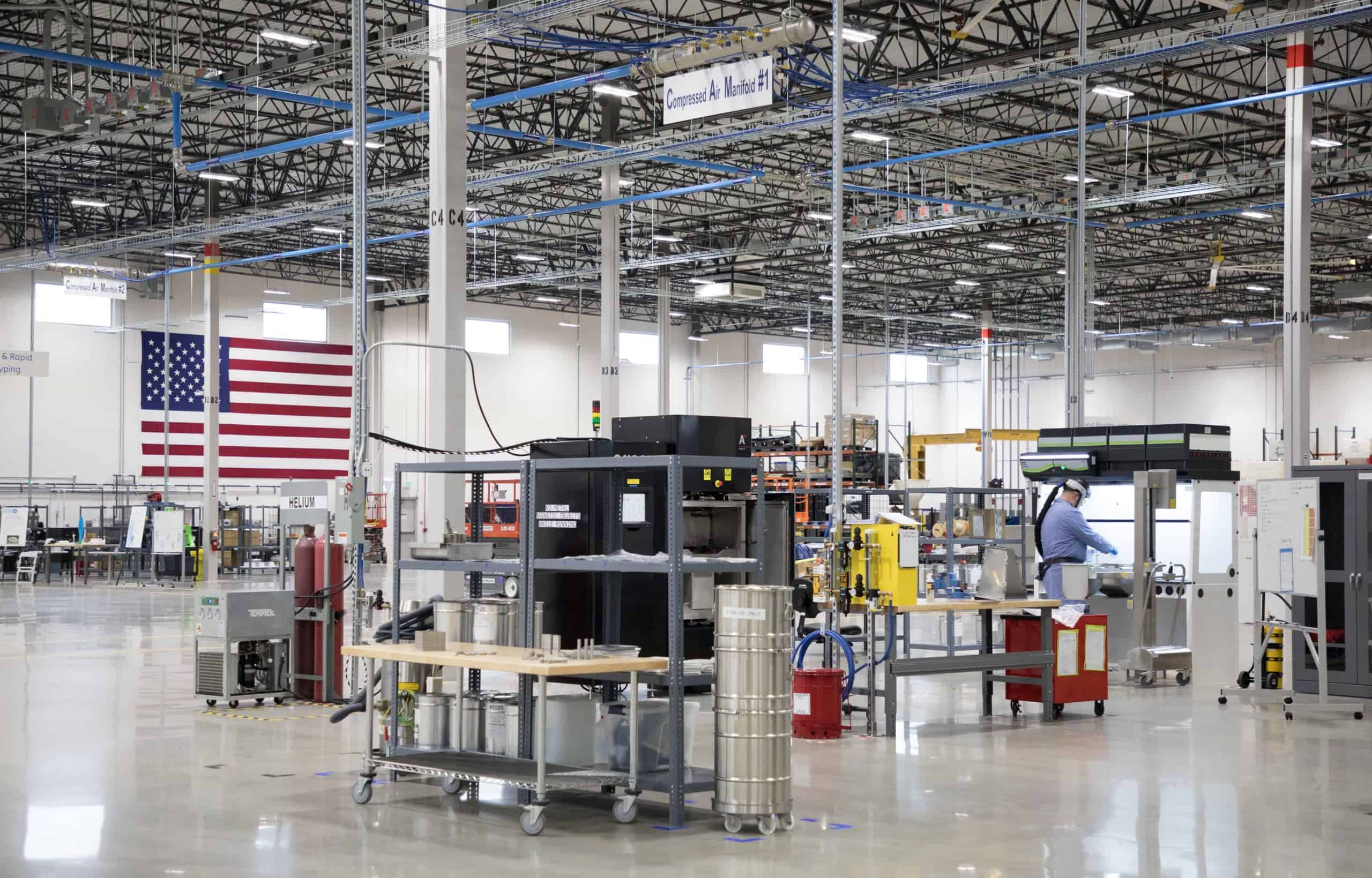North American Trade Gets a Makeover

The United States-Mexico-Canada Agreement (USMCA) goes into effect today—after years of advocacy by the National Association of Manufacturers and its partners.
So what does that mean for the American and global economies? NAM Senior Director of Trade Policy Ken Monahan’s answer: “The agreement will help strengthen supply chains, restore certainty, enable growth, bolster America’s competitiveness and support manufacturing jobs in the United States.” Here’s a condensed interview with Monahan that lays out the USMCA’s importance.
What’s in it: The USMCA updates and replaces the 26-year-old North American Free Trade agreement to ensure open, rules-based trade across North America. Monahan summarizes its long list of provisions: “intellectual property protections, new standards for the digital economy, reduction in red tape and unnecessary regulations, fair standards for competition and binding enforcement to protect all parties.”
Why it matters: The strength of America’s economy and markets is connected to the way we interact with our closest trading partners, Monahan emphasizes. Some numbers to keep in mind:
- Canada and Mexico alone purchase one-fifth of the total value of U.S. manufacturing output.
- Canada and Mexico purchase more U.S.-made goods than our next 11 trading partners combined despite representing only 6 percent of the world’s population.
- In addition to more than 2 million American manufacturing jobs, more than 40,000 small and medium-sized businesses depend on exports to Canada and Mexico.
What’s next: “Manufacturers are committed to working with the U.S., Mexican and Canadian governments to ensure that the USMCA is implemented in a manner that will support the recovery and renewal of the U.S. manufacturing economy,” says Monahan.
The last word: NAM President and CEO Jay Timmons summed it up: “The landmark trade agreement we fought hard to secure now enters into force at a critical time. It will help restore certainty, ensure supply chain continuity and provide opportunities for economic growth—all of which will help our industry lead the nation’s recovery and renewal.”
